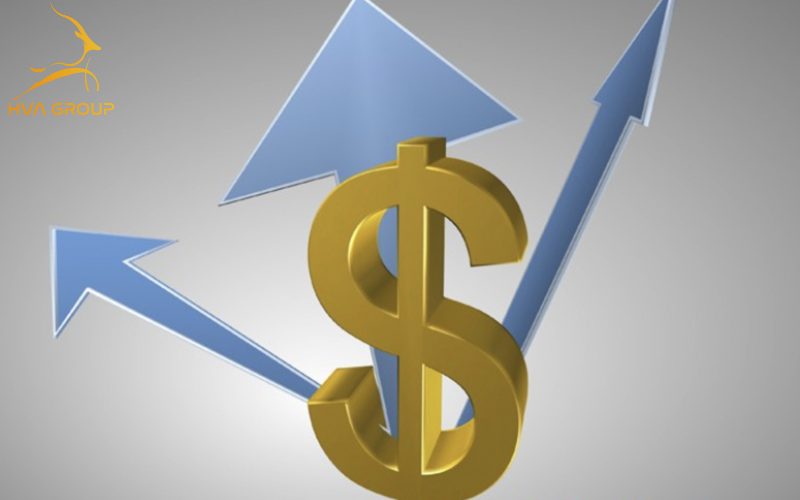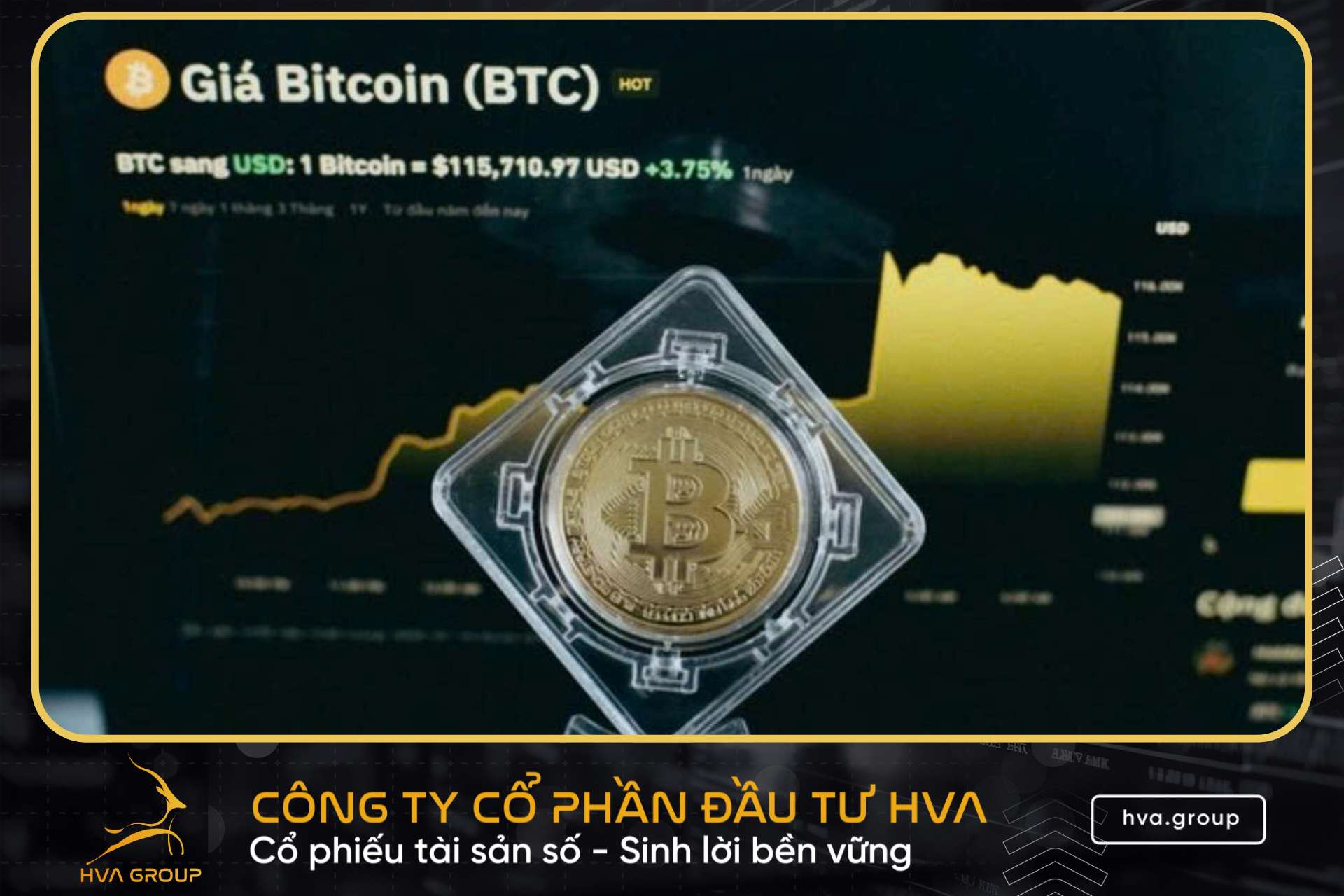
Securities are a channel that is "sensitive" to interest rates, so information about the State Bank's interest rate management will immediately impact the market.
*The market receives unexpected information
Dinh Quang Hinh, Head of Macro and Market Strategy Department, Analysis Division of VNDIRECT Securities Joint Stock Company (VNDIRECT) said that the Vietnamese stock market traded relatively positively in the first session of the week (May 20) when VN-Index increased by nearly 5 points with BCM and NTP hitting the ceiling price before the information that the State Capital Investment Corporation (SCIC) announced that it would divest capital from these two enterprises.
In the session on May 21, VN-Index fluctuated for most of the trading time before closing down slightly by 0.4 points. Investors' cautious sentiment occurred in the context of the State Bank's moves to support the exchange rate by listing the central exchange rate at 24,251 VND/USD, up 4 VND compared to the beginning of the week, and at the same time organizing an auction of SJC gold bars to narrow the gap between domestic and world gold prices.
Profit-taking pressure caused the VN-Index to fall more than 10 points in the session of May 22, with the banking group falling 1.3% in the context of the State Bank increasing OMO interest rates and treasury bills to support the exchange rate. The VN-Index rebounded in the session of May 23 to 14 points, highlighted by demand in the insurance sector as investors expected the prospect of interest rate hikes to benefit this sector.
However, negative sentiment pulled the market down more than 19 points at the end of the week (May 24) when overnight interbank interest rates skyrocketed and exceeded the 5% mark, reflecting that liquidity in the system was no longer as abundant as in the previous period and some commercial banks sought liquidity support from the State Bank with the volume of winning bids on the valuable paper collateral lending channel (OMO) continuously at a high level.
In addition, the fact that the US recorded a higher-than-expected PMI index also made investors worry about the possibility that the US Federal Reserve (Fed) would lower interest rates this year, causing the Dollar Index (DXY) to increase, putting pressure on the VND exchange rate. At the end of the trading week from May 20 to 24, the VN-Index decreased by 0.9% to 1,261.9 points. The HNX-Index was almost unchanged at 241.7 points and the UPCOM-Index increased by 1.4% to 94.4 points.
Last week, GAS increased by 4.4%; HVN increased by 12.6% and PLX increased by 8.0%, which were the main factors supporting the market. On the contrary, VCB decreased by 1.7%; VIC decreased by 4.1% and TCB decreased by 3.8%, putting pressure on the general index. Liquidity continued to trend upward with the trading value on the 3 floors reaching 27,670 billion VND/session, an increase of 37.6% compared to the previous week and foreign investors net sold nearly 6,000 billion VND during the week.
Expectations for the Fed to cut its benchmark interest rate at its September meeting have fallen to 51%, down from 68% the previous week. This development led to a sharp correction in US stock indexes on Thursday. Domestically, despite the State Bank's intervention efforts, exchange rate pressure has not cooled down. Mr. Hinh said that the interbank overnight interest rate has exceeded the threshold of 5%.
During the sessions of May 22 and 23, a number of commercial banks sought liquidity support from the State Bank with the winning bid volume on the OMO lending channel remaining consistently high. In addition, the State Bank also increased the OMO interest rate to 4.5%/year, an increase of 25 basis points compared to before.
* Nasdaq closes at record high
US stocks rebounded on Friday, May 24, after a sharp decline in the previous session, thanks to news of an improved inflation outlook, sending the Nasdaq to a record close and its fifth consecutive weekly gain.
The Dow Jones Industrial Average rose 4.33 points, or 0.011 TP3T, to 39,069.59. The S&P 500 gained 36.88 points, or 0.701 TP3T, to 5,304.72, and the Nasdaq Composite added 184.76 points, or 1.101 TP3T, to 16,920.79. Trading volume was down ahead of the upcoming Memorial Day holiday (May 27).
Despite the positive performance on May 24, the Dow Jones index ended its five-week winning streak after witnessing its biggest daily percentage drop in more than a year on May 23. For the week, the Dow Jones index fell 2.34%, the S&P 500 index rose a negligible 0.03%, and the Nasdaq Composite index rose 1.41%.
The Commerce Department said new orders for U.S.-made capital goods rebounded more than expected in April 2024. Meanwhile, the University of Michigan reported that U.S. inflation expectations improved in late May 2024 after deteriorating earlier in the month. The new data came in slightly better than expected, which could give the Federal Reserve room to cut interest rates and the economy will be fine, said Rob Haworth, chief investment strategist at U.S. Bank Wealth Management in Seattle.
Source: Bnew








